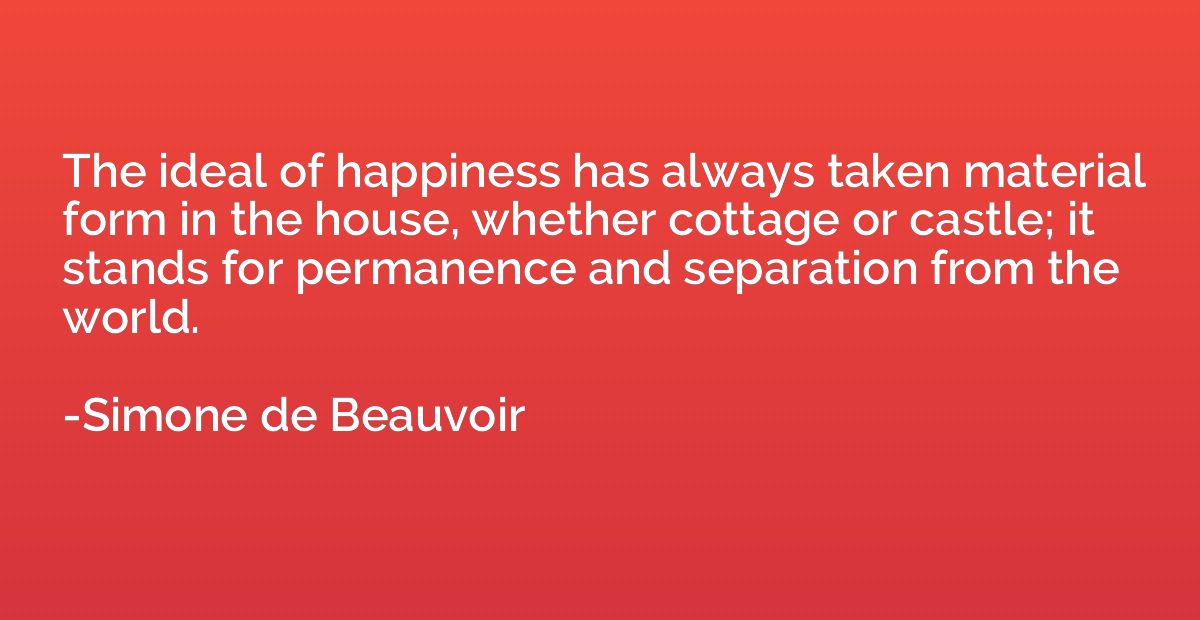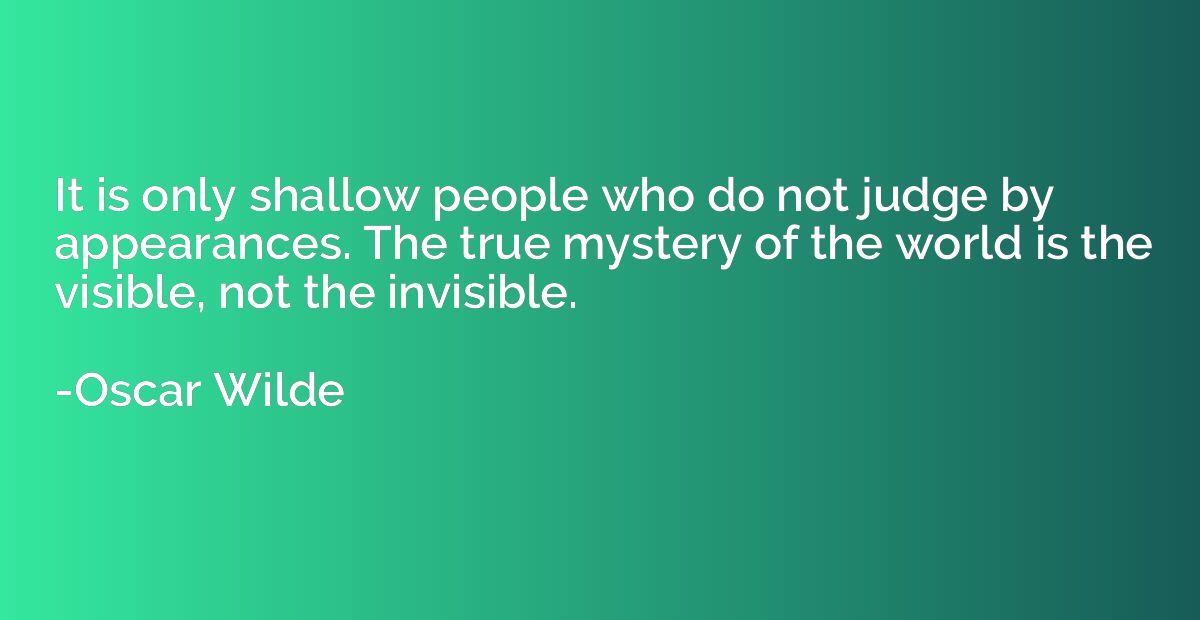Quote by Samuel Johnson
A gentleman who had been very unhappy in marriage, married immediately after his wife died: Johnson said, it was the triumph of hope over experience.

Summary
This quote by Samuel Johnson portrays a situation where a man who had experienced unhappiness in his previous marriage quickly remarries after his wife's death. Johnson interprets this immediate remarriage as an act driven by hope, despite the negative experiences the man had encountered in his previous marriage. It highlights the human tendency to anticipate a different outcome based on hope, even when past experiences might suggest otherwise.














